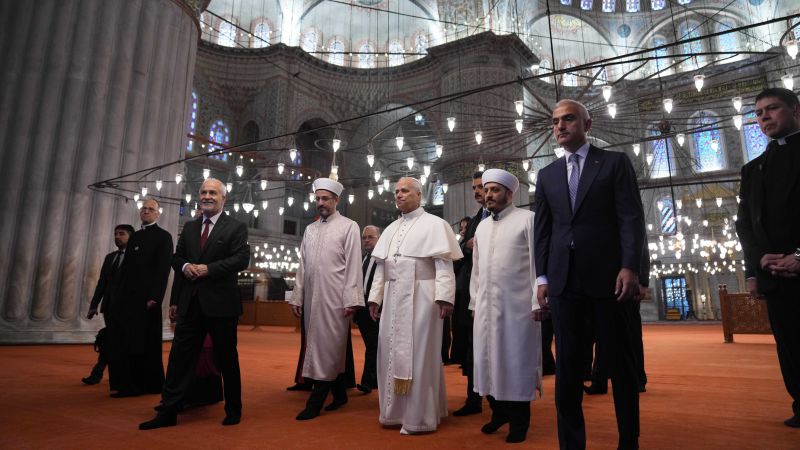Andrew Mountbatten Windsor, the younger brother of King Charles III, is set to leave the Royal Lodge at Windsor Castle, marking a significant shift in royal dynamics amid ongoing scrutiny over his connections to convicted sex offender **Jeffrey Epstein**. The king has decided to relocate Andrew to a residence on his private estate at **Sandringham**, a move that underscores the challenges facing the British monarchy.
The decision follows mounting pressure on the royal family to distance itself from Andrew’s controversial past. He has faced widespread criticism for his association with Epstein, which has tarnished his public image. While Andrew continues to deny allegations of any improper behavior, his removal from the Royal Lodge, where he has resided for over **20 years**, symbolizes a further step in King Charles’s efforts to protect the institution’s reputation.
This transition is not being funded by taxpayers; instead, it will be privately financed by King Charles. The king’s actions reflect an awareness of the monarchy’s precarious position in British society, where public sentiment can heavily influence royal standing.
Historical Context and Implications
The monarchy has a history of navigating crises, from the **1917 Titles Deprivation Act** to the abdication of **Edward VIII** in **1936**. Recent events, including the fallout from **Princess Diana’s** death in **1997** and **Prince Harry’s** ongoing estrangement from the royal family, have highlighted the vulnerability of the institution. King Charles’s decision to remove Andrew from royal premises fits into a broader narrative of reform and adaptation within the monarchy, aiming to bolster its relevance and public support.
Public reactions to Andrew’s removal have been mixed, with some expressing support for the king’s decisive action, while others remain skeptical about the monarchy’s ability to change. The royal family’s ability to manage its public image is increasingly vital in maintaining its long-standing traditions and privileges.
Economic and Cultural Factors
As the monarchy faces internal challenges, external factors also come into play. The British economy is recovering from significant disruptions, and the monarchy’s role in promoting national unity has never been more critical. King Charles’s choices, including the recent relocation of Andrew, may reflect a strategic effort to maintain public trust during economically challenging times.
This situation mirrors the struggles of other institutions to adapt to modern expectations, as public accountability and transparency become increasingly demanded by society. The royal family’s response to Andrew’s situation will likely influence future perceptions of the monarchy and its place within contemporary British culture.
In conclusion, the relocation of **Prince Andrew** from the Royal Lodge to Sandringham marks a pivotal moment for the British monarchy. It highlights the ongoing challenges the institution faces as it navigates a complex landscape of public opinion and historical legacies. King Charles III’s actions may serve to reinforce the monarchy’s commitment to accountability, but the long-term implications remain to be seen.







